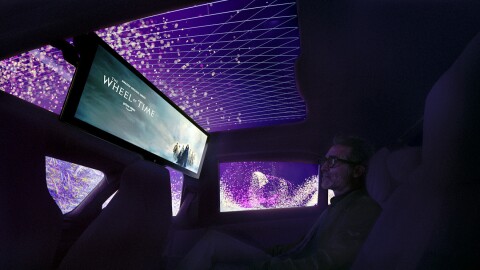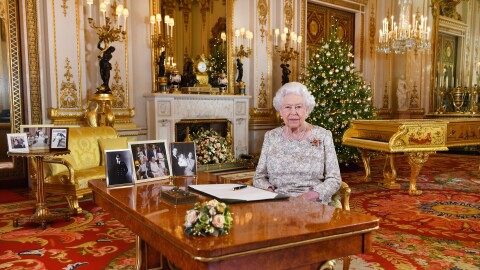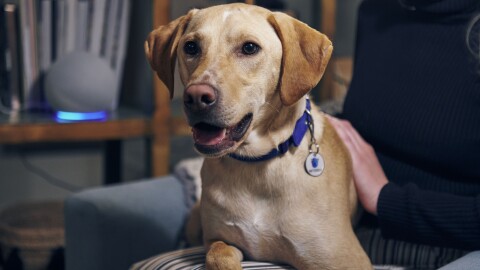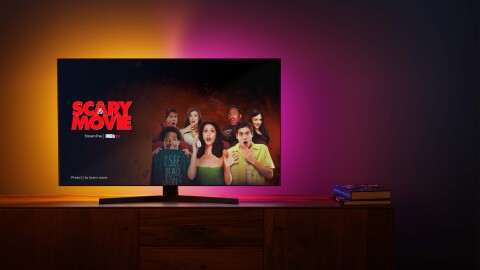In the UK, more than two million people live with sight loss – including around 360,000 who are registered as blind or partially sighted. Many of those people are turning to voice assistant technology like Alexa, and devices like Amazon Echo, to improve their day-to-day lives.
The wide-ranging benefits of voice assistant technology for those living with sight loss is highlighted by Amazon’s collaboration with the Royal National Institute of Blind People (RNIB). The collaboration enables Alexa to provide information directly from the charity’s Sight Loss Advice Service, improving the accessibility of online information.
The importance of accessibility to information and technology is highlighted by RNIB research showing that more than half of blind and partially sighted people (54 per cent) claim their sight loss is a barrier to using the internet.
To find out more about the importance of voice assistant technology for those living with sight loss, we sat down with Life of a Blind Girl blogger Holly Tuke, who explained why internet access is so important and how voice-connected devices support her day-to-day living.
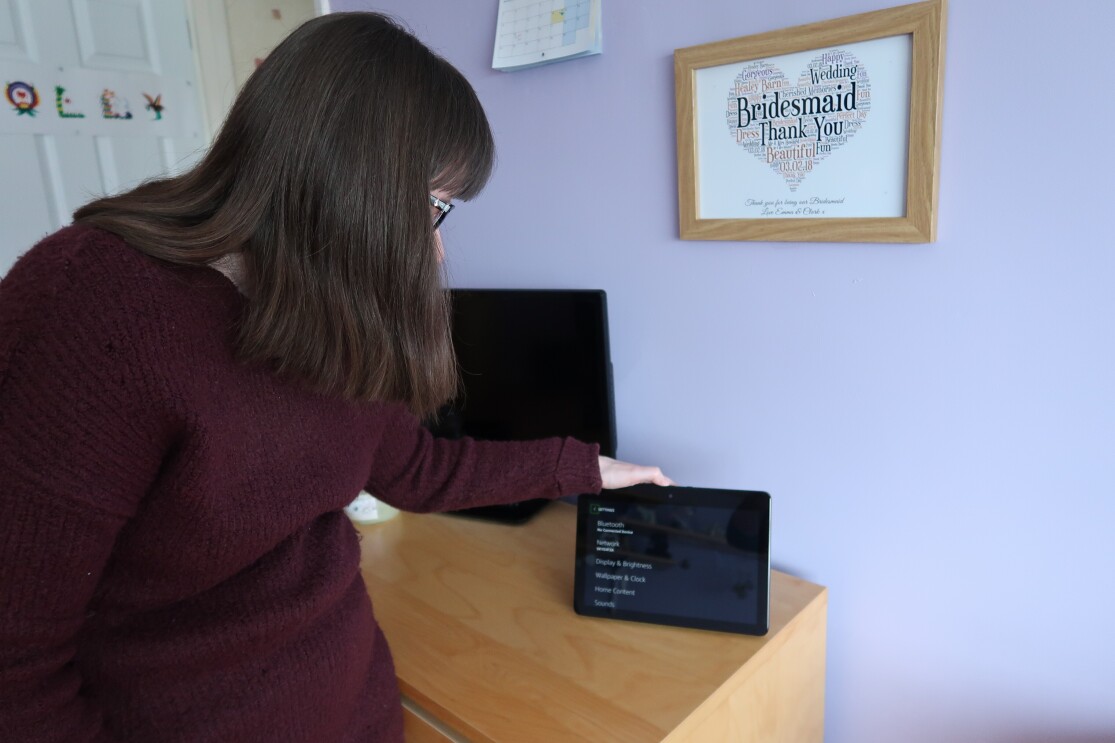
“I’ve always had a keen interest in technology, and I love anything to do with assistive tech,” Holly explains. “So naturally I was intrigued by the Amazon Echo when it first launched. I’ve now had an Amazon Echo for around three years, in fact we’ve got a few Alexa-connected devices dotted around the house.”
“I’m a firm believer that companies like Amazon have normalised voice-activated technology and they are leading the way in making accessible technology completely mainstream”, she adds.
“Every Amazon Echo is fully accessible for people with a visual impairment like myself, including the Amazon Echo Show which has a screen and comes in three sizes. These products have been developed with accessibility in mind – for example there’s a screen-reader called VoiceView, a screen magnifier, colour inversion and colour correction.”
Previously, specialist technologies that provided spoken explanations and other areas of accessibility support were prohibitively expensive for many people. But voice assistants are now an affordable way to enable independence, break down accessibility barriers and help to build a more inclusive society.
From telling the time to controlling the lights at home, here are Holly’s top ten ways that Alexa makes her life easier on a daily basis.







